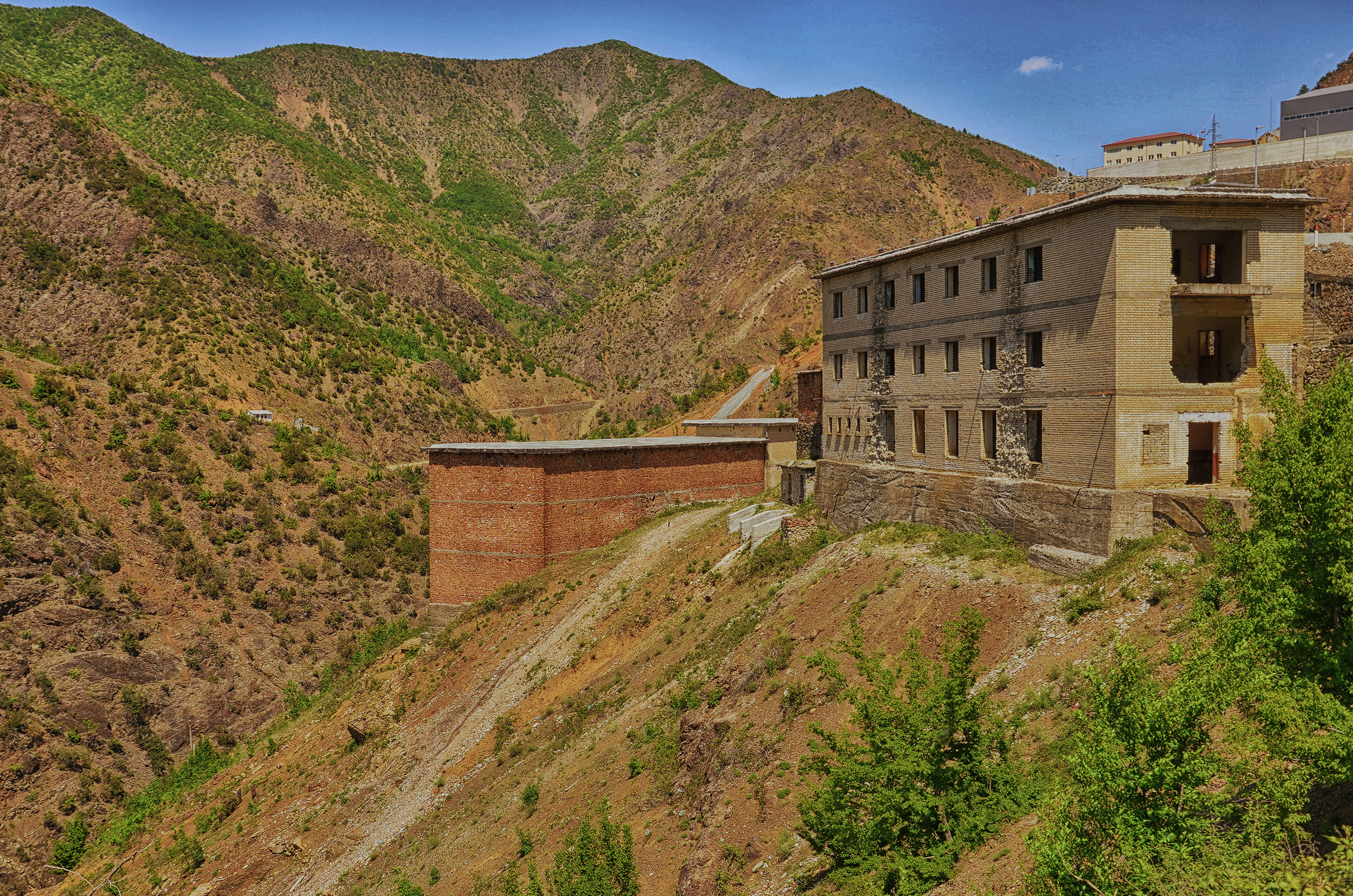Albania forced to reopen bidding to restore notorious former communist-era prison

Albania’s effort to turn a former communist-era political prison into a national site of memory has hit another roadblock. For the fourth time, the National Institute of Cultural Heritage (IKTK) has reopened the call to find a company to carry out restoration work on Spaç Prison, a once high-security labor camp located in northern Albania.
Why this is important: The project aims to turn the abandoned prison complex into a museum and education center, preserving one of the most symbolic sites of political repression under Albania’s former dictatorship. Its transformation is central to Albania’s broader effort to acknowledge past atrocities, educate younger generations, and align with international standards on historical memory.
Context: Spaç Prison was built in 1968 and used by Albania’s communist regime to detain and punish political opponents, many of whom were intellectuals, writers, or ordinary citizens accused of anti-government views. Isolated in the mountains of Mirditë, the prison became notorious for forced labor, inhumane conditions, and psychological abuse. It remained in use until 1988 and held over 1,000 political prisoners during its two decades of operation.
Despite its historical importance, three public tenders to begin the restoration have failed. In each case, no construction firm has submitted a bid. In a statement to TV Klan, IKTK admitted it had no idea why no firms expressed interest in such an important project, but insisted that it would continue to relaunch the call:
“IKTK, in this case as the Contracting Authority, will continue to reannounce the call for the implementation of restoration interventions at this site. Work will begin immediately once the contract is signed with the selected implementing company.”
What else: The project is expected to unfold in phases, starting with structural reinforcement to prevent further deterioration of the facility. Once stabilized, the site will be developed into a museum and educational space focused on political persecution, totalitarianism, and the defense of democratic values.
Once restored, Spaç will serve as a public site of conscience, similar to other former prisons-turned-museums across Europe. It will include interactive exhibits, archival material, and programs for students and researchers.
The initiative is part of Albania’s slow but ongoing process of coming to terms with its communist past — a regime that collapsed in the early 1990s and left deep social and institutional scars. Civil society groups and former political prisoners have long advocated for the site’s preservation.
For now, the timeline remains uncertain. Until a contractor steps forward, Spaç Prison remains abandoned, a crumbling reminder of one of the darkest chapters in Albania’s modern history.


